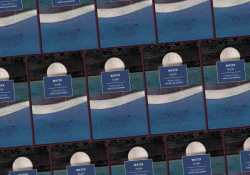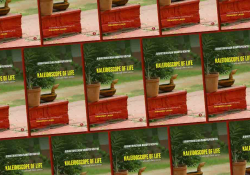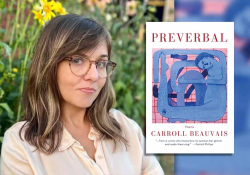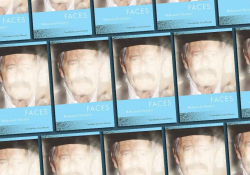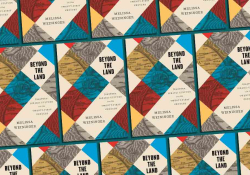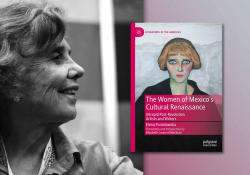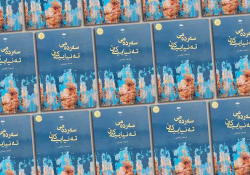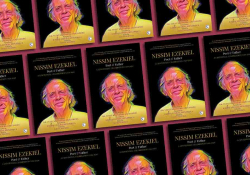Women Writing Taiwan
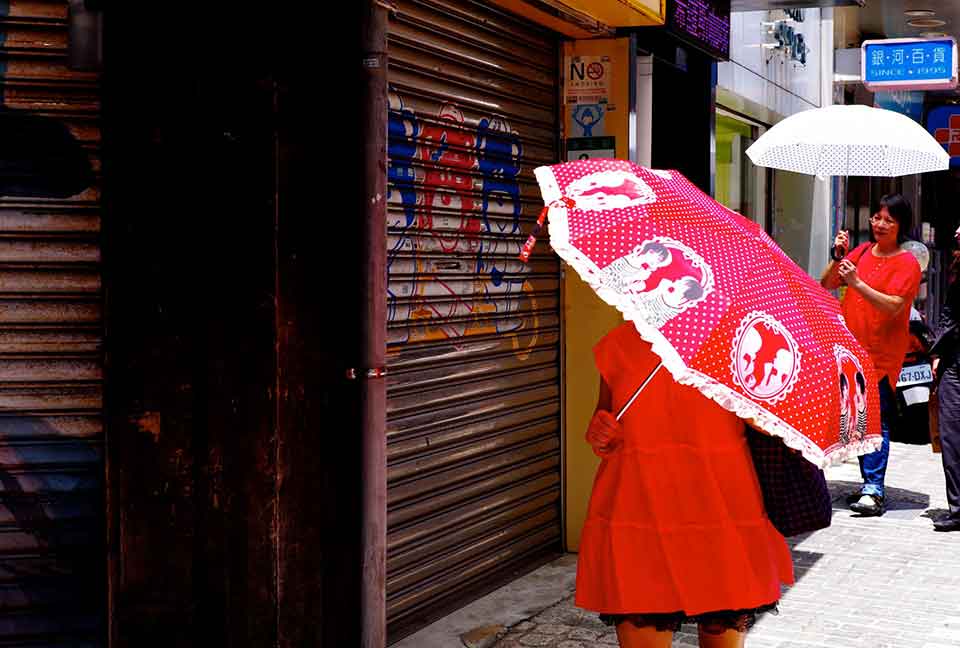
Contemporary Taiwanese Women Writers: An Anthology (Cambria Press, 2018) is a collection of short stories in translation featuring contemporary Taiwanese authors.[i] This compilation is diverse in its representation of the female voice and perfectly captures the distinct setting and style of Taiwan. Multiple protagonists clash with traditional conventions such as getting married before thirty-five, marrying up, divorce stigma, dutiful wifehood, birthing children, and chastity. Despite these established expectations, these women are also experiencing a time of change and rapid urban development. As the world around them becomes more complicated, the reader gets a sense of Taiwan and particularly being a woman in Taiwan. Each main character feels real because they feel human, as their stories do the work of good literature: they offer unique, memorable emotions.
Each main character feels real because they feel human, as their stories do the work of good literature: they offer unique, memorable emotions.
The authors themselves deserve some introduction; this collection features Chu Tien-wen (b. 1956), winner of the 2015 Newman Prize for Chinese Literature. Chu is not only an accomplished author but also a screenplay writer, and her screenplays have served as the basis for multiple Hou Hsiao-hsien films. In her short story included in the collection, “The Story of Hsiao-Pi,” the reader sees a mother who gave birth out of wedlock and is struggling with depression. The author of over twenty novels, Li Ang (b. 1952) is another accomplished writer. Well known for her feminist themes and focus on female subjectivity, in her short story “The Devil in a Chastity Belt” a woman is a dutiful wife and mother to a politically active husband during Chiang Kai-shek’s escape to the island of Taiwan (post-1949). She eventually becomes recognized as a symbol of Taiwanese patriotism and becomes more politically involved herself, being elected to office only to face disillusionment. Yuan Chiung-chiung (b. 1950), who shows inspiration from the writings of Eileen Chang (1920–1995), follows a common theme of women gradually growing independent from men. In “A Place of One’s Own,” the reader experiences the protagonist’s self-reflection while following the journey of a woman dealing with infidelity and divorce. Ping Lu (b. 1953) spent many years lecturing on feminism at Taiwanese universities, served as Taiwan’s ambassador-at-large, and is the current chairperson of Taiwan Radio International. Her short story featured in the collection, “Wedding Date,” details the cultural expectation to get married before a certain age. The protagonist is especially pressured by her elderly mother, and as she dreams of a wedding she meets a man. When he proposes, he presents it as a “formality” to satisfy their parents. The narrator quickly learns that this kind of arrangement leads to a tenuous commitment.
The anthology also features perhaps lesser-known authors such as Marula Liu (b. 1980), who is also a film director. She directed the film Seven Days in Heaven (2010), based on her novella of the same name. While Ping Lu’s story can be said to feature a woman with “wedding fever,” Liu provides us with an example of “baby fever” in her short story “Baby, My Dear.” The protagonist feels that her biological clock is ticking, and she finds herself observing mothers and their children in despair. While her friends tell her that the feeling will pass, it consumes her, and she asks a man she is seeing to give her a child with no strings attached, determined to raise the child on her own. Obsessive in her desire, it quickly takes over every aspect of her life. Su Wei-chen (b. 1954) has received prizes for her fiction from the Daily News and China Times. Her story, “No Time to Grow Up,” tells the heartbreaking tale of a juvenile cancer ward. The narrative highlights the indiscriminate nature of death, no better captured than with a story of childhood leukemia.
These short stories, along with pieces by Lin Tai-man (b. 1962), Tsai Su-fen (b. 1963), Chung Wen-yin (b. 1969), Liao Hui-ying (b. 1948), and Chen Jo-hsi (b. 1938), make this anthology of short stories in translation an inclusive collection of Taiwanese women voices. This anthology offers great potential material for feminist and literary critics as well as enjoyment for the general reader. Contemporary Taiwanese Women Writers is a significant contribution to contemporary world literature in translation; every reader can find an impactful story within it.
University of California Irvine
[i] Edited by Jonathan Stalling, Lin Tai-man, and Yanwing Leung; translated by Sylvia Li-chun Lin, David van der Peet, Daniel J. Bauer, Jonathan Barnard, Chris Wen-chao Li, Patrick Carr, Jane Parish Yang, Chen I-jen, Laura Jane Way, and Nancy C. Ing.

